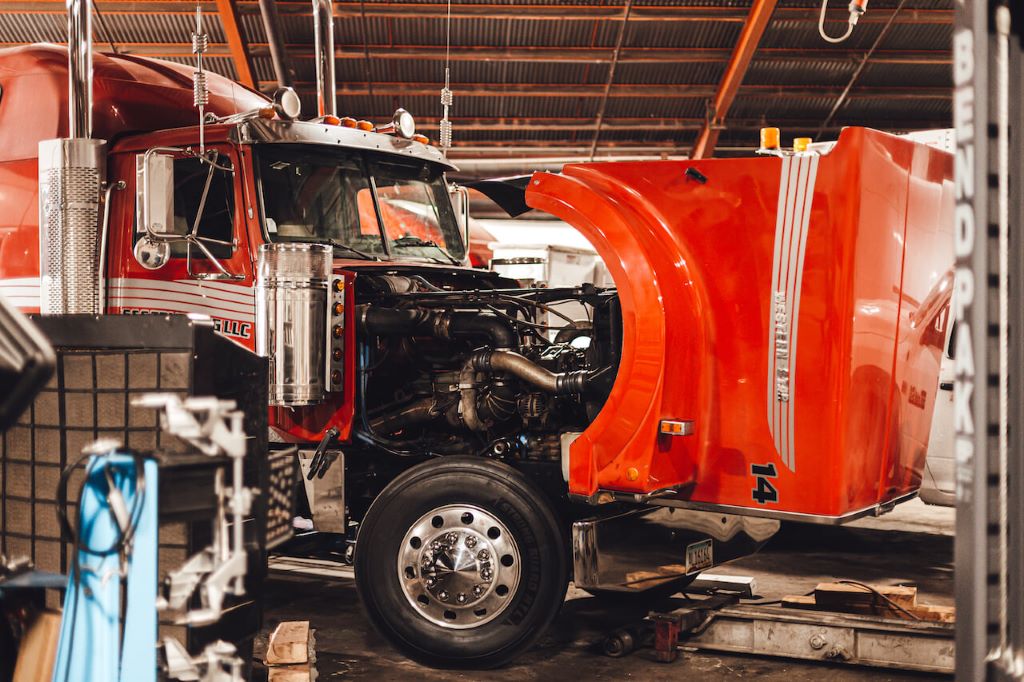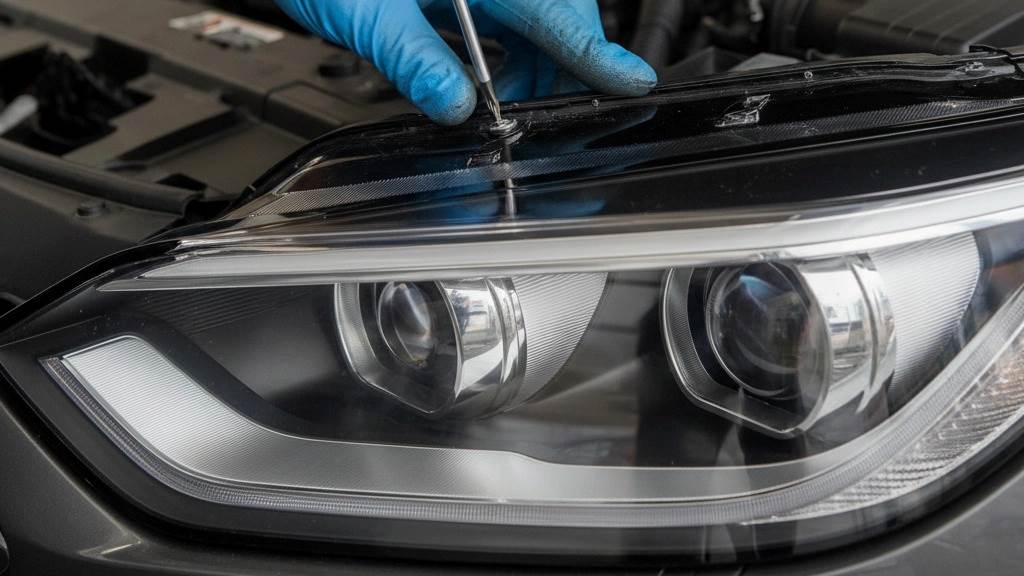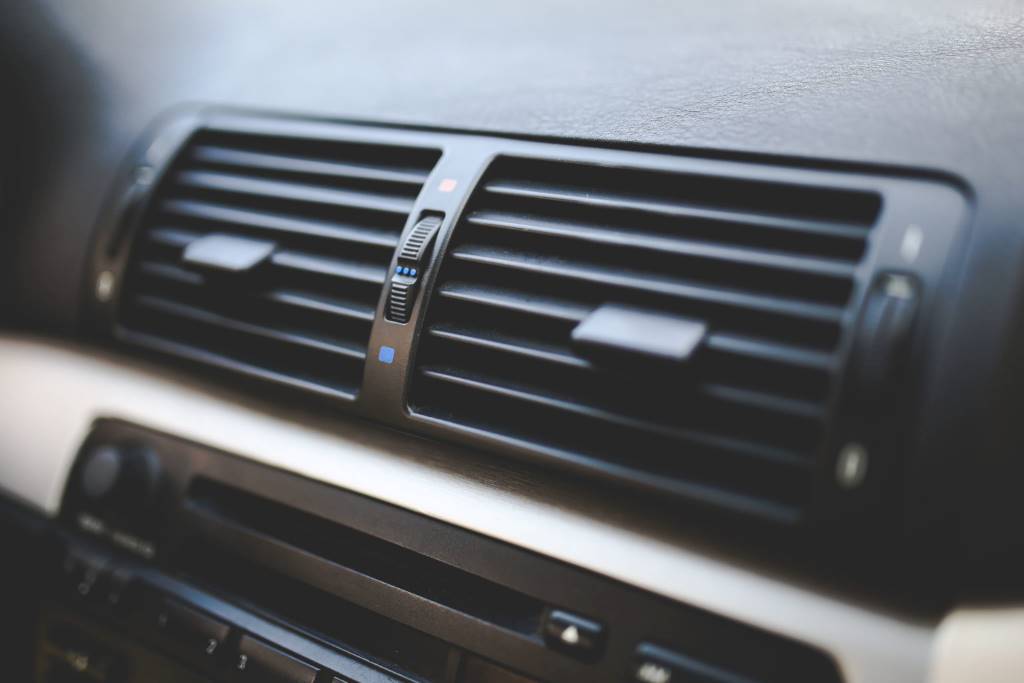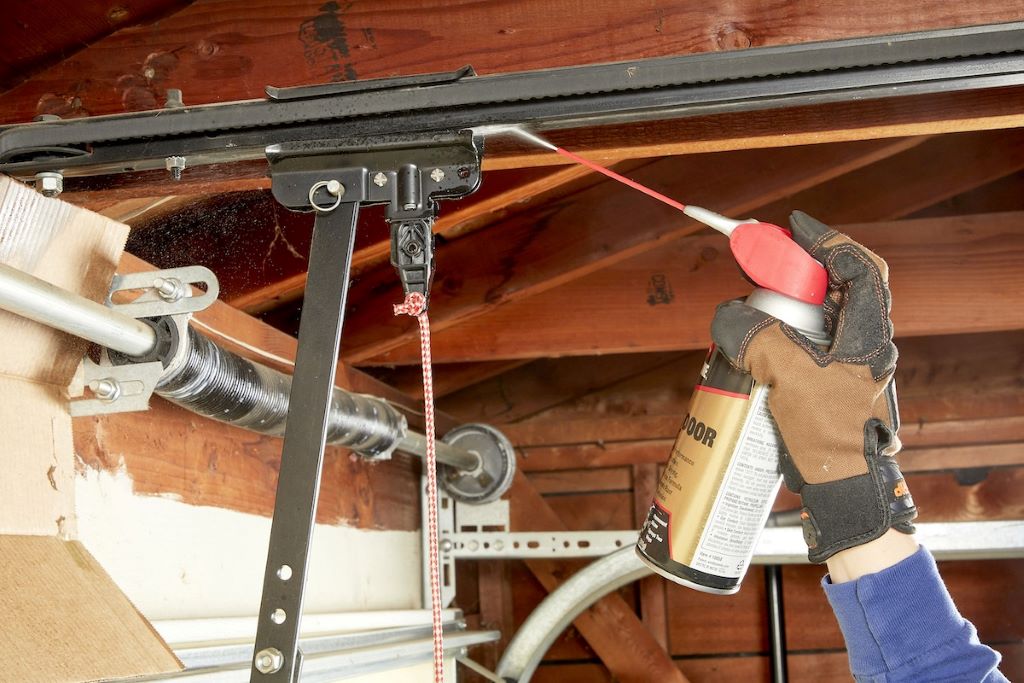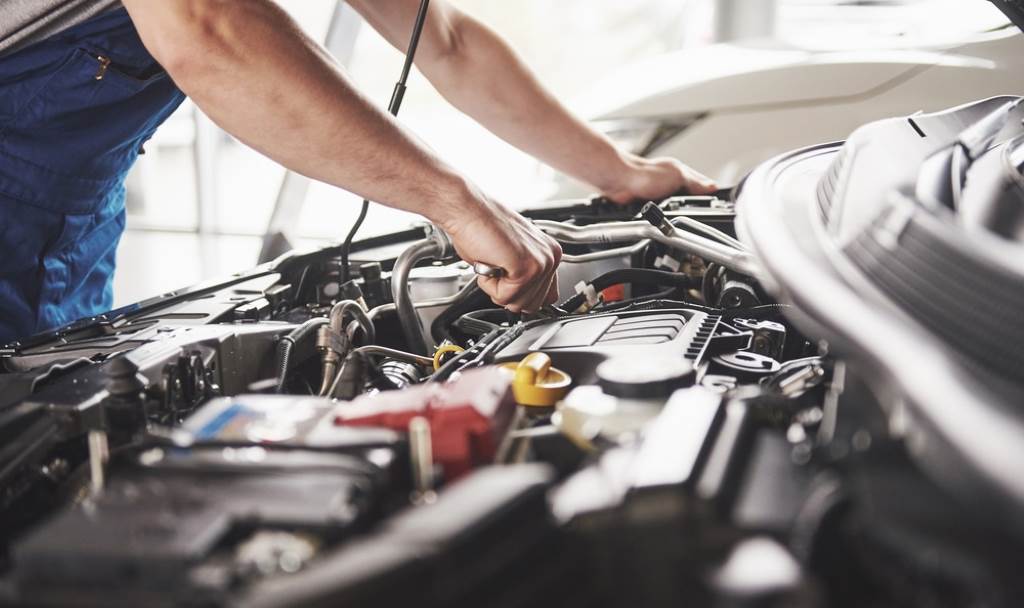Diesel trucks are the workhorses of the automotive world, known for their power, torque, and longevity. However, to ensure they perform at their best, it’s crucial to have an efficient cooling system. An overworked cooling system can lead to overheating, reduced power, and even costly engine damage.
Upgrading your diesel truck’s cooling system offers several benefits for both everyday use and heavy-duty applications. Whether you’re towing a trailer cross-country, hauling heavy loads on the job site, or simply want to get the most out of your engine, a well-designed cooling setup is essential.
Why Upgrade Your Diesel Truck’s Cooling System?
- Improved Performance: A cooler engine produces more power and delivers better fuel economy. Upgraded components help dissipate excess heat, allowing your engine to operate within its optimal temperature range.
- Enhanced Durability: Overheating is one of the leading causes of engine failure. By investing in a robust cooling system, you can significantly extend the lifespan of your engine and other vital components.
- Increased Reliability: A powerful cooling system eliminates the worry of overheating, especially under demanding conditions like towing or driving in extreme climates. This peace of mind is invaluable for any diesel truck owner.

Key Upgrade Components
Let’s take a look at some of the most effective cooling system upgrades:
- High-Performance Radiators: A larger, more efficient aluminum radiator offers greater cooling capacity than stock models. Look for radiators with increased core density and a higher number of fins for enhanced heat dissipation.
- Enhanced Cooling Fans: Electric fans or heavy-duty fan clutches help maintain optimal airflow through the radiator, especially at low speeds or when hauling heavy loads. Electric fans can be programmed for precise activation based on coolant temperature.
- High-Flow Water Pumps: These pumps circulate coolant more efficiently, ensuring consistent heat transfer and preventing localized hot spots within your engine.
- Performance Coolants and Additives: Premium coolants, coupled with specialized additives, can improve heat transfer, prevent corrosion, and raise the boiling point of your coolant for added protection.
- Thermostat Modifications: Installing a thermostat with a lower temperature rating encourages earlier coolant flow, which can help lower overall engine temperatures.
- Hose Upgrades: Reinforced silicone hoses are more resistant to heat and pressure, minimizing the risk of leaks and failures that can cripple the cooling system.
Installation Considerations
When planning your cooling system upgrades, keep these factors in mind:
- Compatibility: Ensure that all new components are designed to work seamlessly with your truck’s specific year, make, and model. Choose upgrades that fit correctly and integrate well with the rest of the system.
- Professional Installation: While some upgrades may be DIY-friendly, it’s often recommended to consult a qualified diesel mechanic, especially for complex installations. They can assess your specific needs and ensure proper fitment.
- Balanced Approach: A cooling system is only as strong as its weakest link. Opt for a balanced upgrade strategy rather than focusing on a single component for maximum benefit.
Optimizing Axle Lubrication: Grease Types and Application for Heavy-Duty Diesel Vehicles
Beyond Upgrades: Maintenance is Key
Even the most robust cooling system requires regular maintenance for optimal operation:
- Coolant Flushes: Follow the manufacturer’s recommended intervals for replacing your coolant. Fresh coolant ensures peak performance and protection against corrosion within the system.
- Inspections: Check all hoses and connections for signs of wear, leaks, or damage. Catching issues early prevents costly breakdowns.
- Cleaning: Keep the radiator and condenser free of debris. Clear airflow is crucial for effective heat exchange.
The Power of a Cool Engine
By upgrading your diesel truck’s cooling system, you unlock its true potential. Increased performance, reliability, and longevity translate to a better ownership experience. If you demand the most from your diesel truck, don’t overlook the importance of effective cooling.
Important Note: Always consult your truck’s owner’s manual and consider local regulations before making modifications to your vehicle. Properly installed and maintained upgrades are essential for both safety and peak performance.

